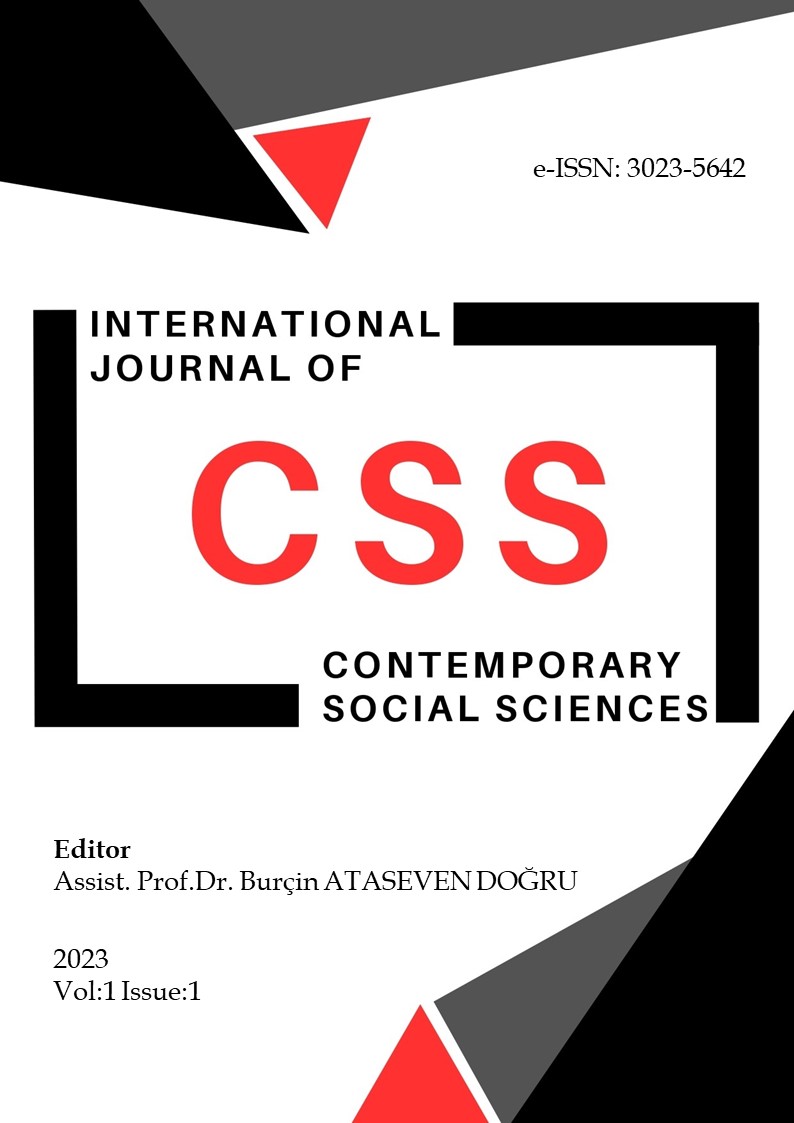Author :
Abstract
This paper explores the intricate relationships among caregivers, poverty, financial inclusion, and economic growth. The methodology employed for this exploration is the systematic literature review, which aims to examine the impact of financial inclusion on these interconnections. Informal caregivers, often unacknowledged heroes in our society, provide unpaid assistance and support to individuals dealing with challenges because of illness, disability, aging, or other circumstances. Their roles include offering emotional support, daily care, and various tasks to assist those in need. Poverty, a multifaceted issue, encompasses aspects such as income, the distribution of capital and income, assets, basic needs, services, life, and asset security. Financial inclusion, the effort to make financial services accessible to all, plays a crucial role in tackling poverty and enhancing overall well-being. The importance of financial inclusion in eradicating poverty is emphasized by the United Nations' Sustainable Development Goals. Despite the essential role caregivers play in providing care, their responsibilities often destroy their own economic well-being. Unpaid family caregivers, in particular, encounter difficulties like absenteeism and diminished productivity on their jobs. Anticipated global growth in the demand for informal caregiving underscores the need for policy measures to support caregivers. Studies on African countries and Turkey reveal that financial inclusion eagerly decrease poverty levels and contributes to economic growth and poverty reduction. The impact of caregivers on economic productivity is substantial, resulting in significant costs attributed to caregiving-related work productivity loss. It is crucial to address the unique challenges faced by caregivers, particularly single mothers, to enhance their employment prospects and financial well-being. Although specific articles directly linking financial inclusion to caregivers were not identified, the evidence suggests that caregivers, particularly specific groups like single mothers, should be the focus of targeted support through financial inclusion initiatives for an effective approach to combat poverty.
In conclusion, grasping the intricate connections among caregivers, poverty, and financial inclusion is essential for formulating policies and support systems that empower caregivers to provide essential care without facing poverty. Additional research in this field holds the potential to provide valuable insights, contributing to the enhancement of caregivers' economic well-being and the reduction of poverty.
Keywords
Abstract
This paper explores the intricate relationships among caregivers, poverty, financial inclusion, and economic growth. The methodology employed for this exploration is the systematic literature review, which aims to examine the impact of financial inclusion on these interconnections. Informal caregivers, often unacknowledged heroes in our society, provide unpaid assistance and support to individuals dealing with challenges because of illness, disability, aging, or other circumstances. Their roles include offering emotional support, daily care, and various tasks to assist those in need. Poverty, a multifaceted issue, encompasses aspects such as income, the distribution of capital and income, assets, basic needs, services, life, and asset security. Financial inclusion, the effort to make financial services accessible to all, plays a crucial role in tackling poverty and enhancing overall well-being. The importance of financial inclusion in eradicating poverty is emphasized by the United Nations' Sustainable Development Goals. Despite the essential role caregivers play in providing care, their responsibilities often destroy their own economic well-being. Unpaid family caregivers, in particular, encounter difficulties like absenteeism and diminished productivity on their jobs. Anticipated global growth in the demand for informal caregiving underscores the need for policy measures to support caregivers. Studies on African countries and Turkey reveal that financial inclusion eagerly decrease poverty levels and contributes to economic growth and poverty reduction. The impact of caregivers on economic productivity is substantial, resulting in significant costs attributed to caregiving-related work productivity loss. It is crucial to address the unique challenges faced by caregivers, particularly single mothers, to enhance their employment prospects and financial well-being. Although specific articles directly linking financial inclusion to caregivers were not identified, the evidence suggests that caregivers, particularly specific groups like single mothers, should be the focus of targeted support through financial inclusion initiatives for an effective approach to combat poverty.
In conclusion, grasping the intricate connections among caregivers, poverty, and financial inclusion is essential for formulating policies and support systems that empower caregivers to provide essential care without facing poverty. Additional research in this field holds the potential to provide valuable insights, contributing to the enhancement of caregivers' economic well-being and the reduction of poverty.





